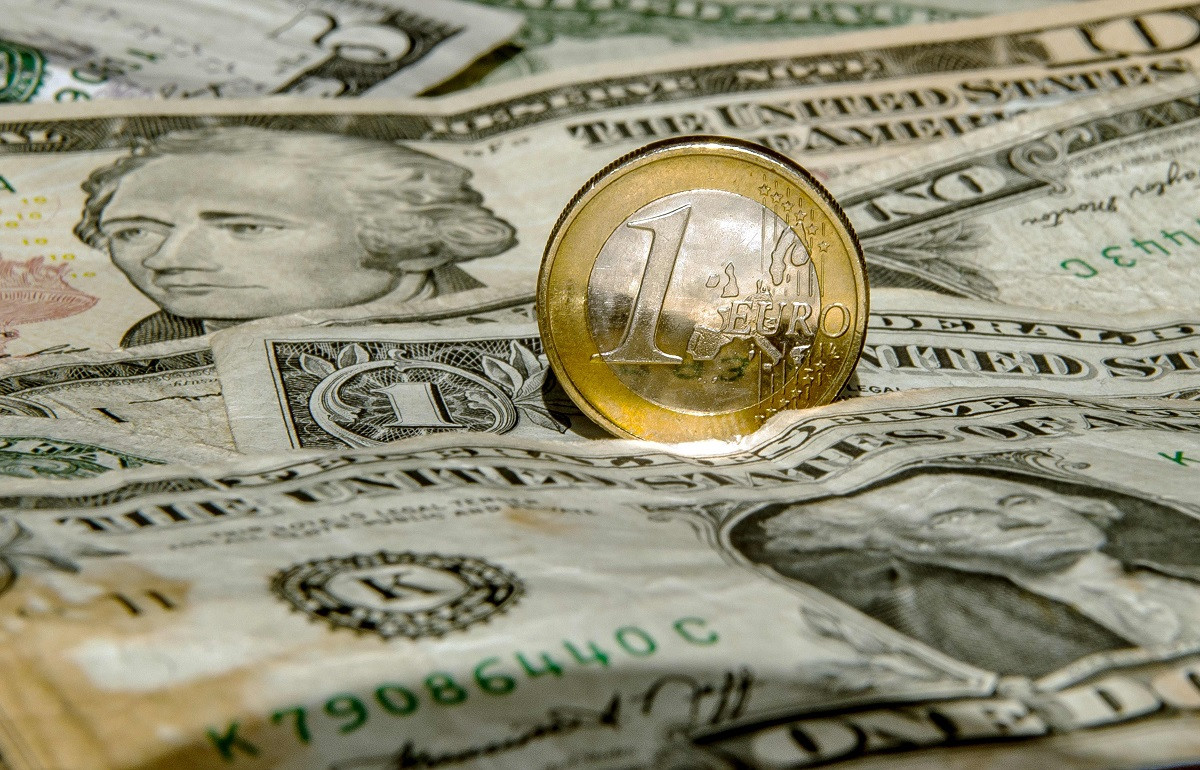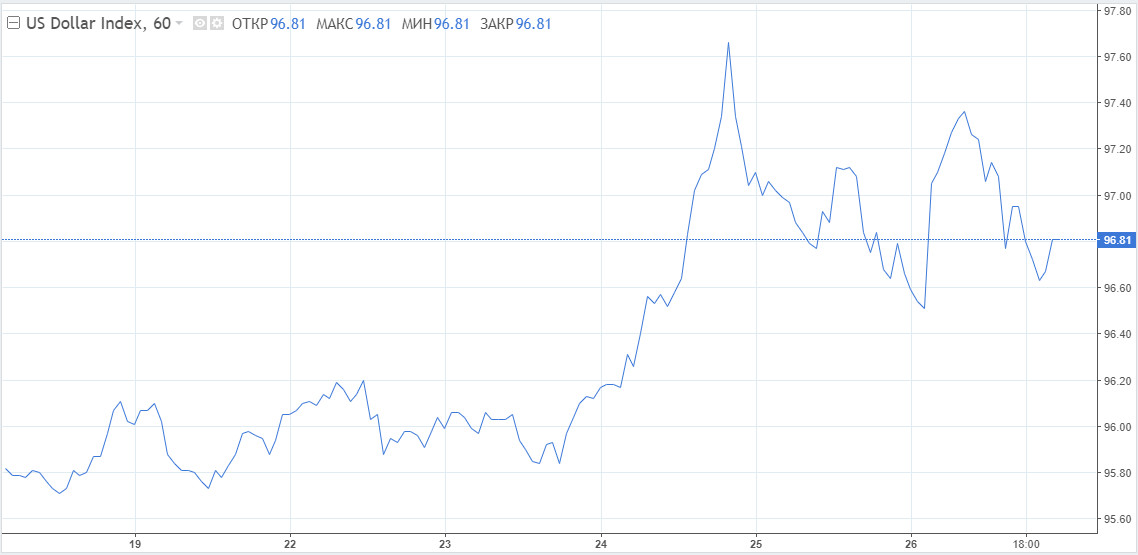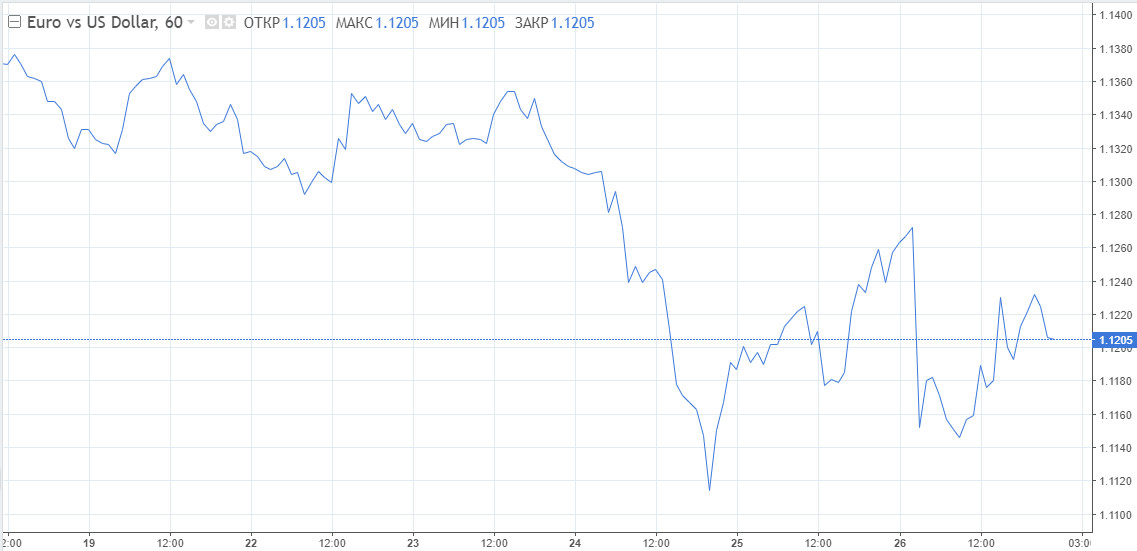
Demand for safe-haven assets is set to remain strong in the near future. Gold prices are on the rise. Nevertheless, the US dollar briefly retraced down on Monday, while market players were awaiting the outcome of the Russia-Ukraine talks. The talks are unlikely to resolve the conflict, but the willingness of the parties to negotiate has somewhat eased fears in the market. In the coming days, Russia and Ukraine are expected to hold the second round of talks. Officials from both sides returned to their capitals for further consultations.
"We have identified certain points from which we can predict general positions," Vladimir Medinsky, the delegate from Russia, said. A similar announcement was made by Mykhailo Podolyak, Ukraine's presidential advisor.
Meanwhile, the dollar rally is expected to extend. Global demand for the greenback, as well as other safe-have assets, remains strong due to both geopolitical risks and stressed dollar liquidity conditions.
"As such we will keep a close eye on the cross-currency basis swap market for any kinds of stress as well as seeing whether there is any increased demand for dollar liquidity at e.g. the ECB 7-day USD auction," economists at ING said
DXY is heading back to the high at 97.70 and could break higher still.

"Euro losses have been relatively well contained so far," according to ING. Russia, the United States, and the European Union are now waging an information war. They impose sanctions, threaten, and accuse each other.
Although Europe relies heavily on energy, there have already been some reports of it looking at quotas and limits on Russian energy. Clearly, Europe would have to pay a lot higher price for its energy under such a scenario, and growth forecasts would have to be downgraded.
On Monday, the euro/dollar pair retested the low of 1.1120. Barring any surprise breakthrough in Ukraine-Russia talks, EUR/USD might hit 1.1000 this week.

This week promises to be full of not only political but also macroeconomic events. The eurozone CPI for February is scheduled for Wednesday. In France, the CPI came in higher unexpectedly. But given the events in the east, the ECB is likely to become more hawkish if the eurozone CPI comes in stronger. Bearish bias for EUR/USD continues.
Some analysts anticipate monetary policy tightening in the eurozone. The euro could strengthen on expectations of a rate hike by the ECB, Societe Generale said. The European regulator would raise rates by 25 basis points, experts forecast. The next ECB meeting is scheduled for March 10.
Data on US unemployment could somewhat affect EUR/USD by the close of the week. The figure is estimated to drop to 3.9% versus 4%, while Nonfarm Payrolls are seen to increase by 438K.





















